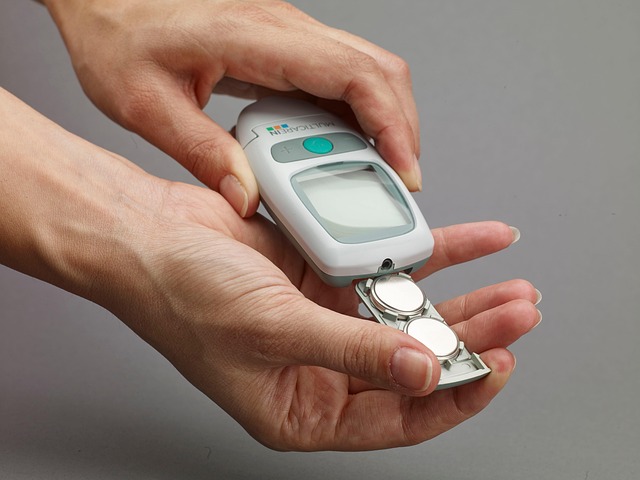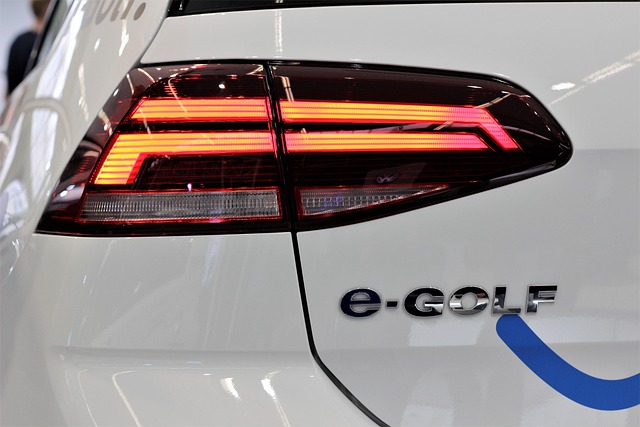Keeping Your Electric Car Running Strong: Why Battery Health Matters
If you own an electric car, you know the feeling. You’re planning a trip, checking the route, looking at charging stations, and there it is – that little voice asking, Will I have enough range?” It’s a common concern, often called range anxiety, and while EV technology is improving rapidly, the health of your most crucial component – the battery – directly impacts how far you can actually go and how well your car performs.
The Core of EV Health: Battery Diagnostics
Unlike traditional car maintenance focused on the internal combustion engine, oil changes, and exhaust systems, maintaining an electric car shifts the focus dramatically. The battery isn’t just a car part; it’s the heart of your electric vehicle. Ensuring its longevity and efficiency is paramount. This is where regular battery diagnostics maintenance comes in.
Battery diagnostics involves a series of checks and tests performed by skilled technicians, often at a specialized EV car service center. These tests look at various parameters:
- State of Charge (SOC): The current charge level.
- State of Health (SOH): An overall assessment of the battery’s capacity and performance compared to its original specifications.
- Cell Balancing: Ensuring all individual cells within the battery pack are operating at similar voltage levels.
- Temperature Monitoring: Checking the health of the battery’s thermal management system.
- Fault Codes: Identifying any errors or warnings reported by the battery management system (BMS).
These diagnostics provide a snapshot of your battery’s condition, allowing potential issues to be identified early before they significantly impact range or require costly repairs.
Maintenance for Maximum Range and Performance
Regular maintenance, guided by diagnostic results, isn’t just about preventing breakdowns; it’s directly tied to preserving your car’s range and performance. Over time, factors like charging habits, climate, and usage patterns can affect battery health. Proactive maintenance helps mitigate degradation.
Think of it like caring for any complex system. Just as a traditional car engine needs regular checks to run efficiently, an EV’s battery system benefits from attention. Maintenance might involve software updates for the BMS, checking cooling systems, or inspecting physical connections – all tasks that ensure the battery operates within optimal parameters, thereby maintaining its capacity and the consistent power delivery you expect from your electric car.
Why Professional Service is Key
While owners can practice good habits like avoiding extreme temperatures and managing charge levels, in-depth battery diagnostics maintenance requires specialized equipment and expertise. A professional car service technician trained on electric vehicles has the tools to interface with the car’s sophisticated battery management system and interpret the complex data it provides. This is different from servicing the “car engines” of the past; it requires a new skillset focused on electrical systems and battery chemistry.
Staying on top of this maintenance, as highlighted in various pieces of car news about EV ownership, is crucial not only for the operational life of the vehicle but also for its resale value. A well-maintained battery is a significant asset.




